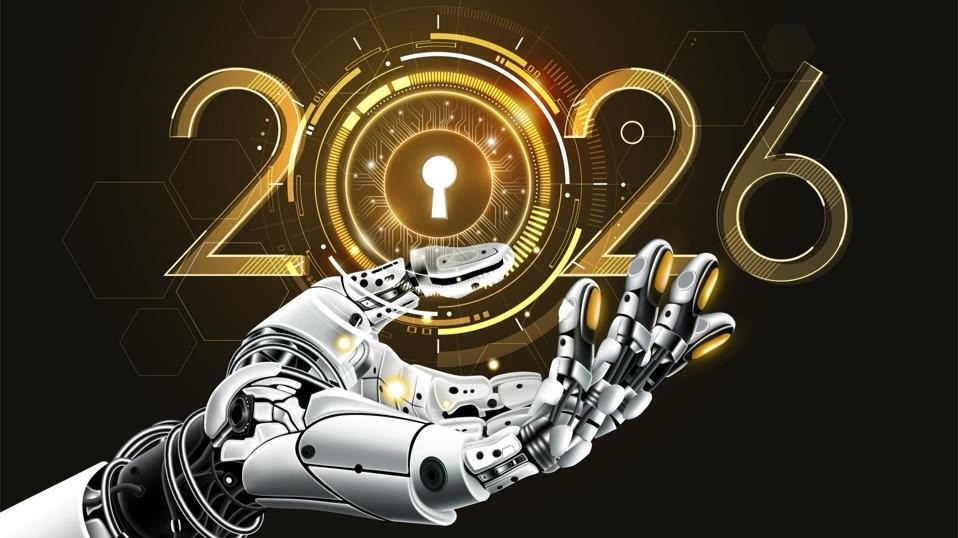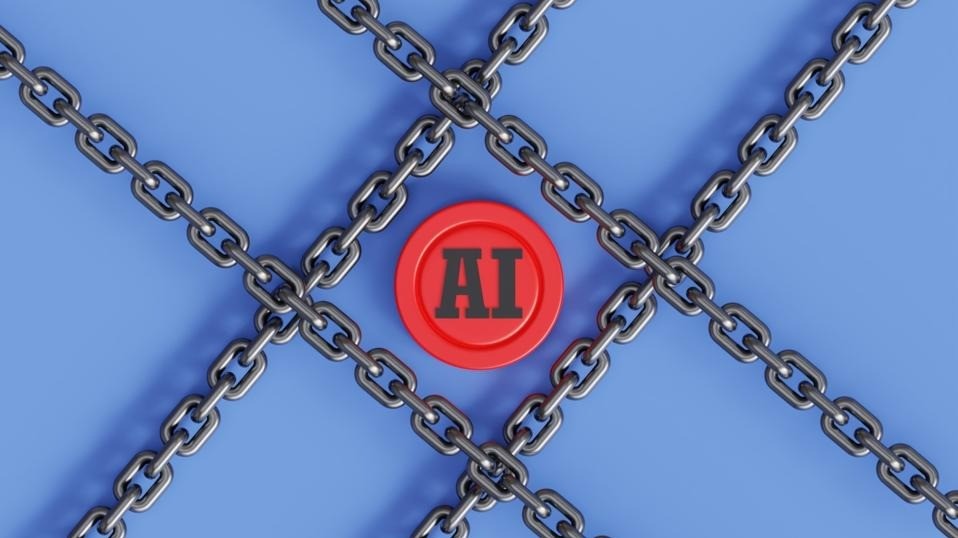The 5 Biggest Problems With Blockchain Technology Everyone Must Know About
30 April 2023
Blockchain technology has undeniably captured the imagination of the tech world and beyond, offering the promise of decentralized, transparent, and tamper-proof systems. From its inception with Bitcoin to the development of smart contracts, non-fungible tokens (NFTs), and decentralized finance (DeFi), blockchain has been hailed as a groundbreaking innovation with potential applications in numerous industries.
But along with blockchain’s advantages come some significant challenges — and to reach its full potential as a game-changing technology, these issues will need to be overcome.
Let’s take a look at some of the most pressing problems facing blockchain today.

Scalability
Blockchain networks can be slow and inefficient due to the high computational requirements needed to validate transactions. As the number of users, transactions, and applications increases, the ability of blockchain networks to process and validate them in a timely way becomes strained. This makes blockchain networks difficult to use in applications that require fast transaction processing speeds.
Traditional blockchains like Bitcoin and Ethereum rely on consensus algorithms like Proof of Work (PoW) and Proof of Stake (PoS), which can be slow and resource-intensive. As a result, these networks face limitations in transaction throughput, often leading to congestion and high transaction fees.
Various solutions have been proposed to try to overcome scalability issues, including scaling systems for creating off-chain channels that allow for faster and more cost-effective transactions.
And while blockchain experts are making some progress, achieving scalable, efficient, and decentralized blockchain networks remains an ongoing challenge that needs further exploration.
Energy Consumption
The process of validating transactions on a blockchain network requires a lot of computing power, which in turn requires a lot of energy. This has led to concerns about carbon emissions and the environmental impact of blockchain technology.
Some blockchain projects have adopted alternative consensus mechanisms, such as PoS or Delegated Proof of Stake (DPoS), which consume significantly less energy. Initiatives like Ethereum 2.0 also aim to reduce the Ethereum network’s energy consumption. While these efforts are promising, it is crucial for the blockchain community to continue exploring ways to minimize energy consumption and develop environmentally sustainable solutions.
Security
Blockchain's security measures have often been touted as key strengths of the technology — but the security of blockchain networks is not without its challenges. There have been instances of security breaches and hacking attacks on blockchain networks, and these problems can result in monetary losses and damage to the integrity of the network.
To mitigate risks, companies are working to improve the security of blockchain networks and applications. Their security efforts include formal verification of smart contracts to help identify potential vulnerabilities and using multi-signature wallets for storing and managing digital assets.
As blockchain technology continues to evolve, ensuring the security of users, assets, and transactions is still a concern.
Complexity
Blockchain is a complex technology that requires a high level of technical expertise to implement and maintain. Tech challenges may hinder the widespread adoption of blockchain technology and discourage potential users and developers from engaging with it. Blockchain’s complexity can also lead to errors and inefficiencies in implementation.
Efforts to address this issue include the development of user-friendly interfaces, streamlined onboarding processes, and educational resources that simplify the complexities of blockchain. Increased collaboration between industry experts, academia, and government bodies can also promote the sharing of knowledge and the creation of standardized protocols and frameworks that reduce barriers to entry.
Interoperability
Interoperability, or the ability of different blockchain networks to communicate and interact with each other, is another crucial challenge facing the industry. There are currently many different blockchain platforms — each with its own protocols and standards – and they often do not work well together.
This lack of interoperability can lead to inefficiencies, as individuals and companies may need to navigate multiple platforms and use a number of tokens or cryptocurrencies to interact with different networks. This fragmentation can also hinder collaboration, stifle innovation, and prevent the seamless exchange of data and value between different blockchain ecosystems.
As the blockchain industry continues to grow and diversify, cultivating interoperability among different networks will be crucial for realizing the technology's full potential. By breaking down silos and promoting collaboration between various blockchain platforms, the industry can work towards creating a cohesive, efficient, and inclusive digital landscape that benefits users, developers, and businesses.
While blockchain has the potential to revolutionize many industries, it is still a relatively new and evolving technology that has yet to fully address many of these challenges.
Related Articles
The 7 Biggest Cyber Security Trends Of 2026 That Everyone Must Be Ready For
By now, “smart” versions exist of just about every home appliance, gadget and gizmos we can think of. However, manufacturers continue[...]
The Biggest Barriers Blocking Agentic AI Adoption
By now, “smart” versions exist of just about every home appliance, gadget and gizmos we can think of. However, manufacturers continue[...]
The Marketing Metrics That Will Matter Most In The Age Of AI Agents
By now, “smart” versions exist of just about every home appliance, gadget and gizmos we can think of. However, manufacturers continue[...]
AI Agents Are Already Reshaping Business Leadership And Decision Making
By now, “smart” versions exist of just about every home appliance, gadget and gizmos we can think of. However, manufacturers continue[...]
What Is Quantum As A Service And Why Does It Matter For Your Business
By now, “smart” versions exist of just about every home appliance, gadget and gizmos we can think of. However, manufacturers continue[...]
What Is Zero Click And Why Is It Turning Marketing On Its Head?
By now, “smart” versions exist of just about every home appliance, gadget and gizmos we can think of. However, manufacturers continue[...]
Sign up to Stay in Touch!
Bernard Marr is a world-renowned futurist, influencer and thought leader in the fields of business and technology, with a passion for using technology for the good of humanity.
He is a best-selling author of over 20 books, writes a regular column for Forbes and advises and coaches many of the world’s best-known organisations.
He has a combined following of 4 million people across his social media channels and newsletters and was ranked by LinkedIn as one of the top 5 business influencers in the world.
Bernard’s latest book is ‘Generative AI in Practice’.










Social Media